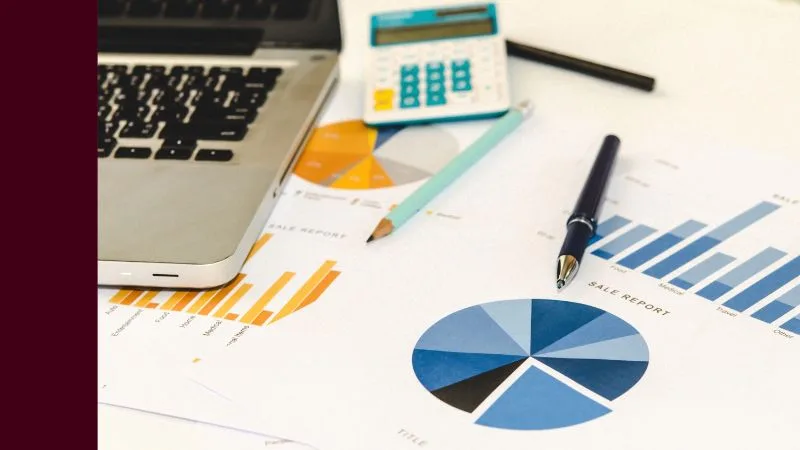The Qantas Airways Limited (ASX: QAN) share price has risen even though it was just handed a $100 million penalty.
Why is Qantas being penalised?
Qantas has agreed with the ACCC to pay $20 million of payments to customers and, subject to court approval, a $100 million penalty.
The ACCC said the airline admitted it misled consumers by advertising tickets for tens of thousands of flights it had already decided to cancel, and by cancelling thousands more flights without promptly telling ticketholders of its decision.
Over 86,000 customers who made a booking on a flight two or more days after the cancellation decision had been made will be compensated as part of the program. Impacted customers will receive $225 for domestic and trans-Tasman flights and $450 for international flights. This is on top of any refund or alternative flight already offered to these customers.
Payments will be available through a dedicated online portfolio facilitated by professional services outfit, Deloitte and will be independently audited.
Qantas is going to notify impacted customers via email next month about how to lodge a claim. Of the customers affected, 94% were flying domestically on domestic or trans-Tasman routes, with the rest being international.
The airline intends to start the remediation program for customers ahead of the Federal Court of Australia approval process.
The ACCC is no longer proceeding with its claims against Qantas.
Qantas said this expense will be recognised in FY24 and shown outside of underlying profit before tax. The timing of the cash outflow is expected to occur after 30 June 2024, so therefore will happen in FY25. Both statutory and underlying profit can impact the Qantas share price.
Management comments
The Qantas CEO Vanessa Hudson said:
When flying resumed after the COVID shutdown, we recognise Qantas let down customers and fell short of our own standards. We know many of our customers were affected by our failure to provide cancellation notifications in a timely manner and we are sincerely sorry. The return to travelling was already stressful for many and we did not deliver enough support for customers and did not have the technology and systems in place to support our people.
We have since updated our processes and are investing in new technology across the Qantas Group to ensure this doesn’t happen again.
Final thoughts on the Qantas share price
Qantas shares seem to be trading on a low price/earnings ratio (p/e ratio), so it could cheap today, particularly if the airline doesn’t see increased competition in the foreseeable future.
I’d call it a contrarian opportunity, though not a popular one. With an elevated number of people coming to Australia, the business is well-placed to profit.




